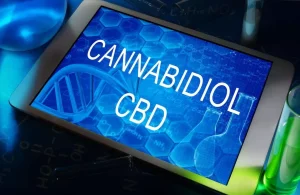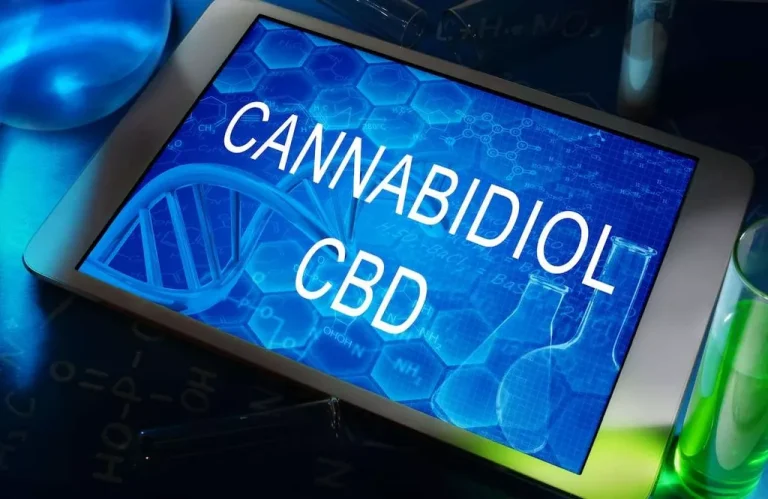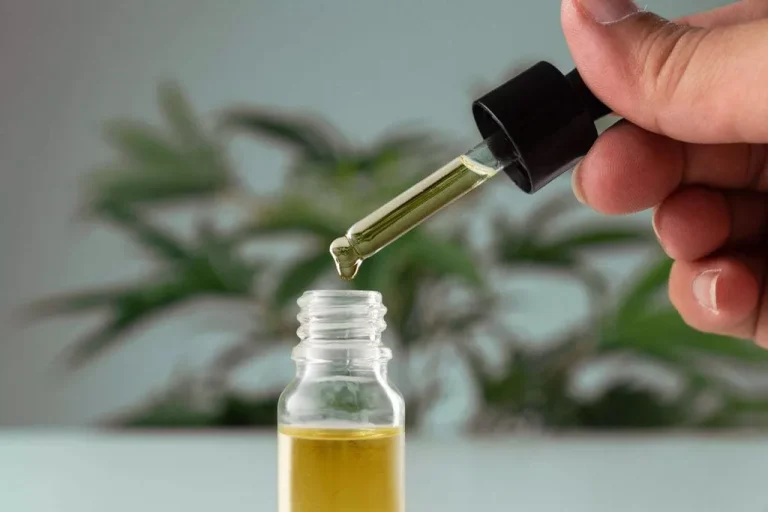
Most residential rehab programs treat sleep hygiene as a core component of their programming, especially in early recovery. They can also connect you with resources like support groups (12-Step and non-12-Step) to support your long-term recovery. If you’re dependent on alcohol, it’s important to detox under medical supervision. Medical professionals can help you manage alcohol withdrawal and insomnia, and set you up for success in recovery. Exercise regulates your natural sleep-wake cycle8 and reduces withdrawal-related anxiety.

Week three to four: Better skin, reduced anxiety, improved mood
The relationship between alcohol and insomnia is complicated and multifaceted. Anywhere between 25 to 72% of people in alcohol treatment programs experience some kind of sleep problem.1 In some cases, people may have insomnia and use alcohol as a sleep aid. Other times, insomnia may be brought on or made worse from frequent alcohol use. This type of behavioral therapy works to improve your sleep efficiency, or the time you spend asleep divided by the time you spend in bed.

The Second Week Without Alcohol
- Alcohol addiction treatment will begin with a detox period that focuses on managing any uncomfortable or severe withdrawal symptoms that arise.
- Regular exercise, a balanced diet, and stress management techniques can also contribute to better sleep quality.
- You may wake up feeling tired and unrested, which can lead to drinking more alcohol in an attempt to fall asleep again.
- As you have four weeks of better hydration, improved sleep and better overall health, it will noticeably affect your skin and hair.
- They may continue to occur in the two to six months of abstinence following withdrawal.
Keep in mind that for people with AUD, sleeping issues may persist through the withdrawal phase. Although experts can’t be certain that alcohol directly causes insomnia, numerous studies have found a link between this sleep disorder and alcohol consumption. Research shows that regular alcohol intake can reduce sleep quality over time, potentially causing issues such as insomnia. To avoid these feelings, you may feel the need to keep drinking more to delay the unpleasant side effects.
Use Relaxation Techniques
The first week after quitting alcohol can be challenging for sleep. Paradoxically, some individuals may experience increased sleep disturbances during this period. This is primarily due to alcohol withdrawal symptoms, which can include anxiety, restlessness, and night sweats.
Avoid Alcohol and Sleeping Pills
- Delirium tremens has a fatality rate of 37% if untreated and is considered a medical emergency.
- To prevent snoring, make sure you’re drinking water before and during the flight.
- Although alcohol may help you fall asleep at first, it will disrupt your sleep later in the night.
Submit your number and receive a free call today from a treatment provider. Many people report negative physical and emotional side effects after drinking alcohol. Routinely drinking large amounts of alcohol may be a sign of alcohol use disorder — which can come with a host of side effects.
How To Stop Drinking Alcohol Safely
As you spend less time and energy managing physical symptoms, you may be wondering – what do I do with all this free time I used to spend drinking or recovering from drinking? Finding fun alcohol-free activities can help you distract yourself from alcohol cravings and build new routines. Many of us have been conditioned to see alcohol as the easiest way to relieve stress—a belief reinforced every time we see characters in films or ads soothing their woes with a drink. This widespread belief has a real impact, making many feel a relentless desire for alcohol to unwind. For those who choose to abstain, this often leads to a sense of missing out and feeling deprived of a quick path to relaxation. If you’re having trouble sleeping, don’t hesitate to talk to your doctor about it.

Heavy alcohol use is expensive, potentially costing you $800 each month or even more. https://ecosoberhouse.com/ Stopping alcohol won’t just put a bit of extra change in your pocket; it has the potential to have a sizable impact on your income and the lifestyle you can live. So while cutting out drinking will likely benefit your sleep, there may be other factors affecting your shuteye. While alcohol can relax you on occasion, you’ll likely find more lasting peace and relaxation in other hobbies, exercises, or therapeutic practices. If you or your partner or friend feels stuck using alcohol to relieve stress, talking about it is the first step.
Wayne State University tells us drinking booze before bed leads to more crazy dreams, increased risk of snoring, and higher problems with night sweats. RISE can tell you the best time to do 20+ sleep hygiene habits at times that make them the most effective for you. RISE can also predict your circadian rhythm, so you can sync up your sleep times to match for an easier time falling asleep. And RISE can give you an exact time each day based on your circadian rhythm. Good sleep hygiene will help you fall asleep faster and stay asleep longer, so you don’t need to have something before bed for sleep. We’ve covered more on the effects of alcohol on your how to sleep without alcohol sleep here, including why it’s not actually a good sleep aid, despite the drowsiness you might feel.
Ways To Relax Without Alcohol
I was tapered off of this medication slowly over the course of two weeks, because benzodiazepines stimulate GABA receptors powerfully and can cause addiction in a short time span. If all else fails and inpatient rehabilitation is not an option, you may be able to obtain medications for alcohol withdrawal from your doctor. These medications will stimulate your GABA receptors and/or reduce glutamate levels, which can help you sleep. The good news is that you’re not powerless to change your situation. Several evidence-based strategies can help you manage withdrawal symptoms, promote relaxation, and finally get to sleep. Treating addiction and primary mental health conditions with individualized treatment plans, multiple levels of care, and lifelong aftercare.
Travel Pillows for Better Support
Once you abstain from it, your brain can start rebalancing itself, leading to better cognition, improved concentration, and memory – crucial elements for professional success. Answer three questions to understand if it’s a concern you should worry about. While medicine can help with sleep problems short-term, much like alcohol, it has various long-term side-effects. Habits are tough to break, particularly when it comes to sleep patterns. The quicker you start working on breaking your bad habits, the easier it will be to create a healthier sleep routine. As with most habits, getting over a period of trouble sleeping without alcohol is all about making some changes to your routine.